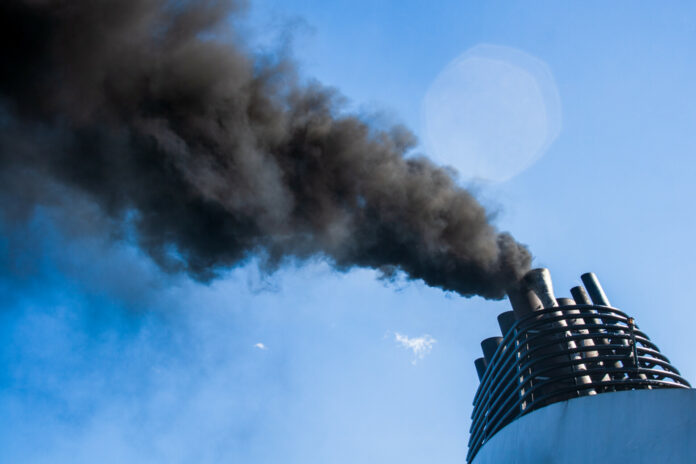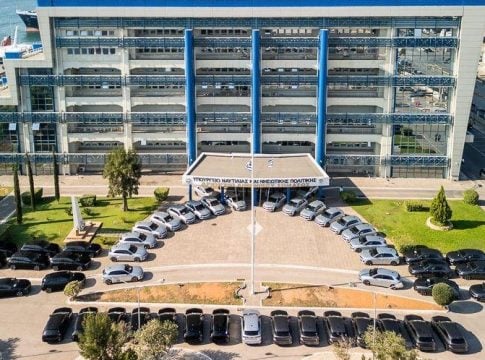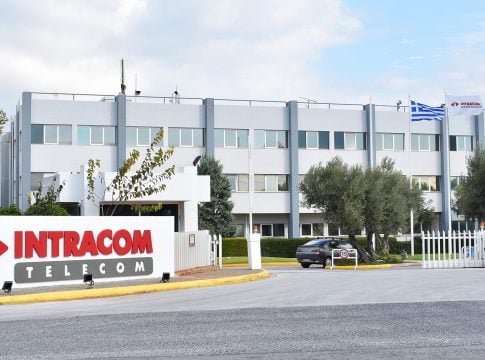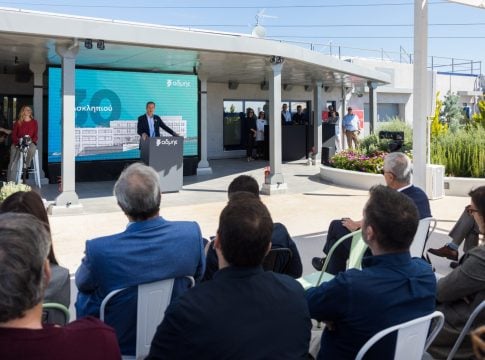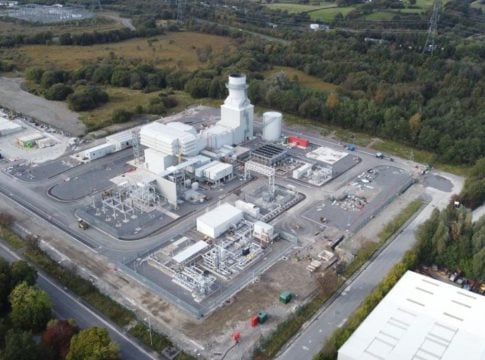A new report by the Global Maritime Forum (GMF), conducted by engineering and sustainability consultancy company Arup, highlights that achieving the target will require large quantities of scalable zero-emission fuels, a significant proportion of which will be e-fuels based on hydrogen.
According to GMF, job creation will be seen in three main phases of the supply chain: renewable energy production, hydrogen production and e-fuel production.
As pointed out, the majority of jobs will come mainly from investments in the construction of production units from renewable energy sources that will be created mainly in the 2030s, when investments are expected to peak.
These include employment in areas such as construction and installation, operation and maintenance of infrastructure to ensure availability.
The International Renewable Energy Agency emphasized that access to work in this sector creates better working conditions as the positions are higher skilled, better paid and of higher quality than those in traditional fossil fuel sectors.


